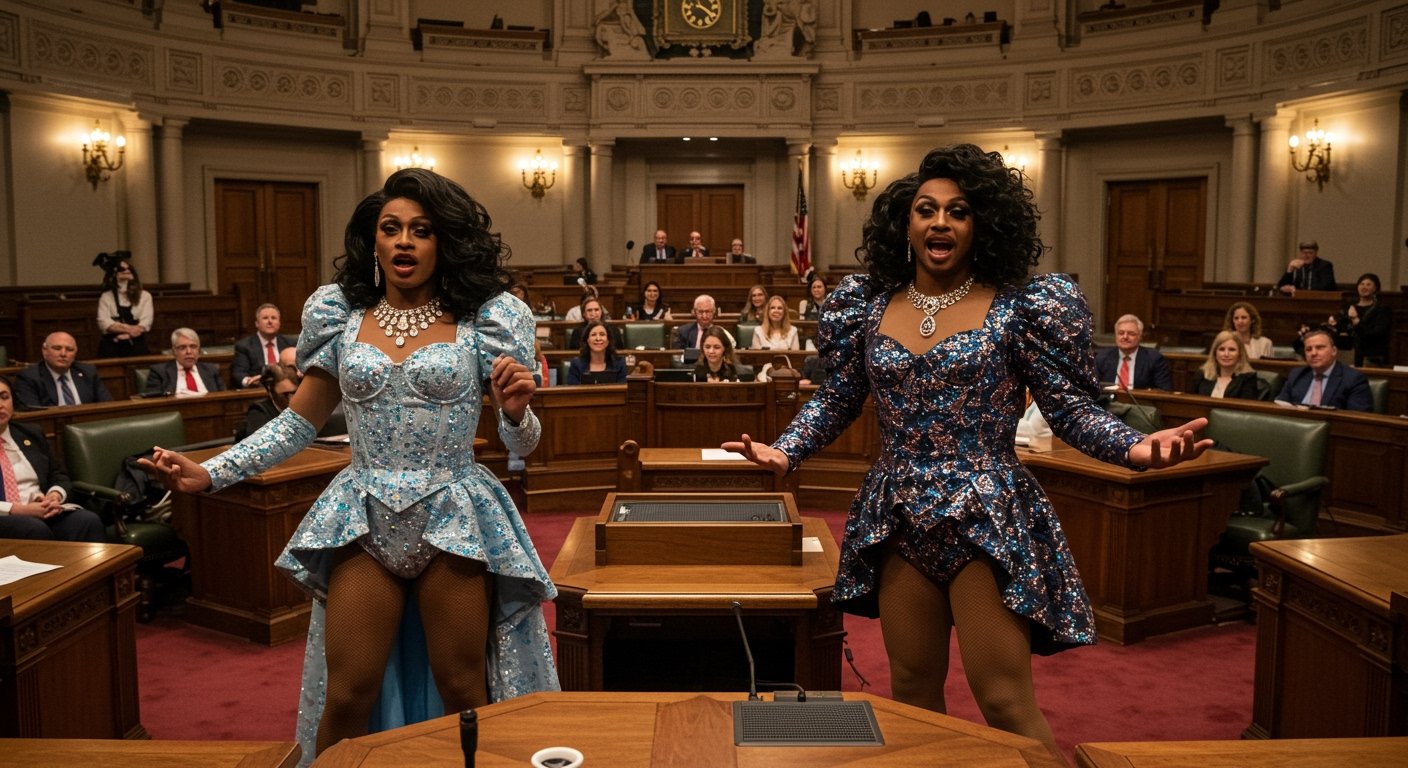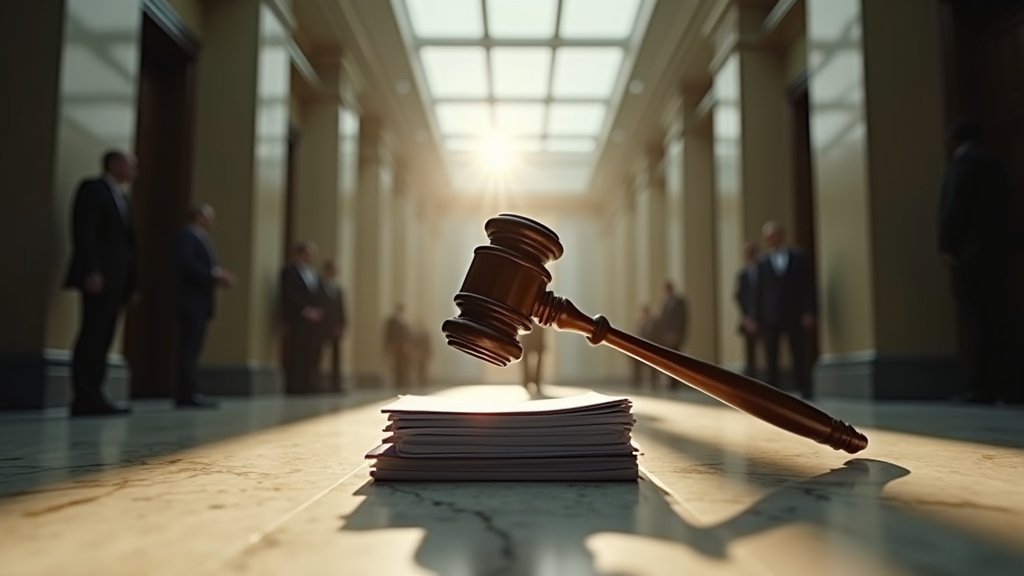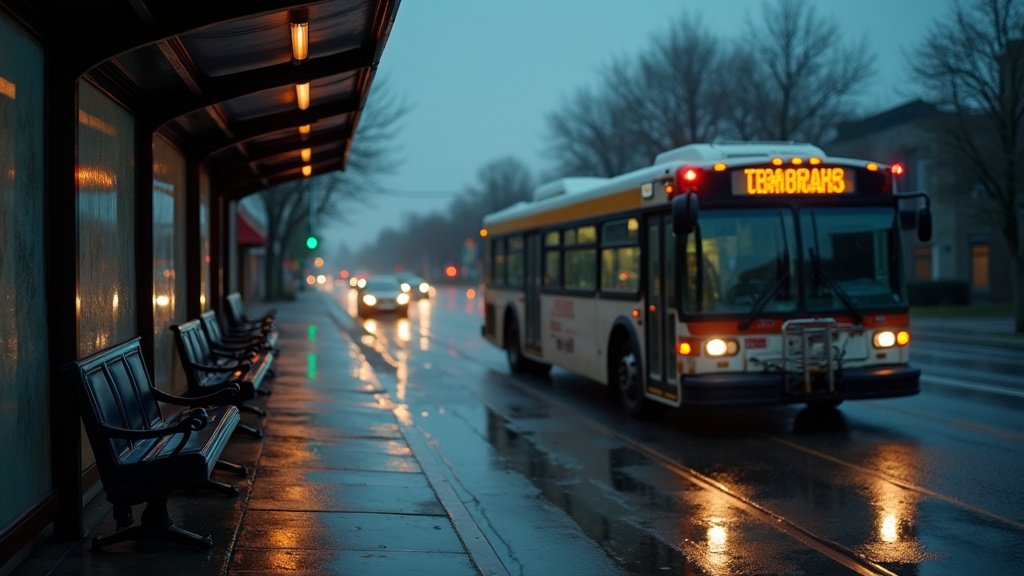Oregon Legislature Recognizes Legacy of Black Drag Artists
Salem, Oregon – In a significant cultural and political acknowledgement, the Oregon House of Representatives adopted House Resolution 3 on Wednesday, June 18, 2025, on the eve of the Juneteenth holiday. The resolution, passed with a vote of 34-9, formally honors the rich history and enduring contributions of Black drag performers across the state, recognizing their pivotal role in shaping Oregon’s cultural landscape.
Sponsored by Portland’s sole Black Democratic Representatives, Travis Nelson and Shannon Isadore, the resolution is accompanied by a comprehensive four-page appendix listing Black drag artists who have influenced the community since 1958. This document serves not only as a legislative act but also as a historical record, underscoring the depth and longevity of Black drag artistry in Oregon.
Acknowledging History and Performance
The legislative session preceding the vote featured an unprecedented moment on the House floor: an opening performance by acclaimed drag queens Aqua Flora and Isaiah Esquire. The artists captivated lawmakers and attendees with a dynamic lip-sync medley, paying tribute to musical icons by performing songs by Beyonce and Aretha Franklin. This performance marked a rare integration of artistic expression directly into the formal proceedings of the state legislature, highlighting the cultural significance of the individuals and community being honored.
Supporters of the resolution emphasized the historical necessity of this formal recognition. Among the vocal advocates was Henry Felton, widely known by his drag name, Kimber K. Shade. Felton and others highlighted that while Black drag performers have long been cornerstones of artistic and social communities, their contributions have often been overlooked or marginalized. The resolution seeks to correct this historical oversight and provide overdue acknowledgement.
Speaking to the historical context, advocates also drew attention to Oregon’s complex past, acknowledging instances of discrimination against both Black individuals and the LGBTQ+ community. The resolution is seen by supporters as a step towards acknowledging and rectifying historical injustices, celebrating a community that has thrived despite systemic challenges.
Impact and Viral Moments
The resolution also implicitly recognizes the evolving visibility and impact of drag culture, including moments that have transcended local stages to reach wider audiences. Henry Felton (Kimber K. Shade) himself provided an early example of this phenomenon. His 2010 performance in Portland, an imitation of Beyoncé, gained unexpected widespread attention, reportedly accumulating over 100,000 views on YouTube overnight. This viral moment showcased the power of local Black drag performance to resonate broadly and contribute to the popular culture discourse.
Political Divides and Future Advocacy
Despite the resolution’s passage, the proceedings also underscored existing political divides within the legislature. Reports indicated that most Republican representatives were absent from the opening performance and the subsequent vote. Republican Rep. Dwayne Yunker was noted for expressing criticism regarding the resolution on social media platforms, reflecting differing perspectives on the role of the legislature in cultural recognition.
The passage of House Resolution 3 occurs within a broader context of ongoing advocacy for LGBTQ+ rights in Oregon. Advocacy groups like Basic Rights Oregon are actively working towards significant policy changes slated for the near future. These efforts include campaigning for a 2026 ballot measure. This proposed measure aims to repeal the state’s 2004 constitutional amendment that banned same-sex marriage and to establish broader legal protections encompassing LGBTQ+ and reproductive rights. The resolution honoring Black drag performers is viewed by many as complementary to these larger movements for equality and recognition.
Acknowledging Cultural Resilience
The resolution’s formal recognition of Black drag performers highlights their artistic merit, cultural resilience, and historical role in providing safe spaces and fostering community. From the stages where artists have performed for decades to the digital platforms where performances have gone viral, Black drag has served as a powerful form of expression, identity affirmation, and social commentary.
The decision by the Oregon House to honor this specific community through a legislative resolution marks a notable event in the state’s political and cultural history, solidifying the place of Black drag artists in the official narrative of Oregon’s past and present.




